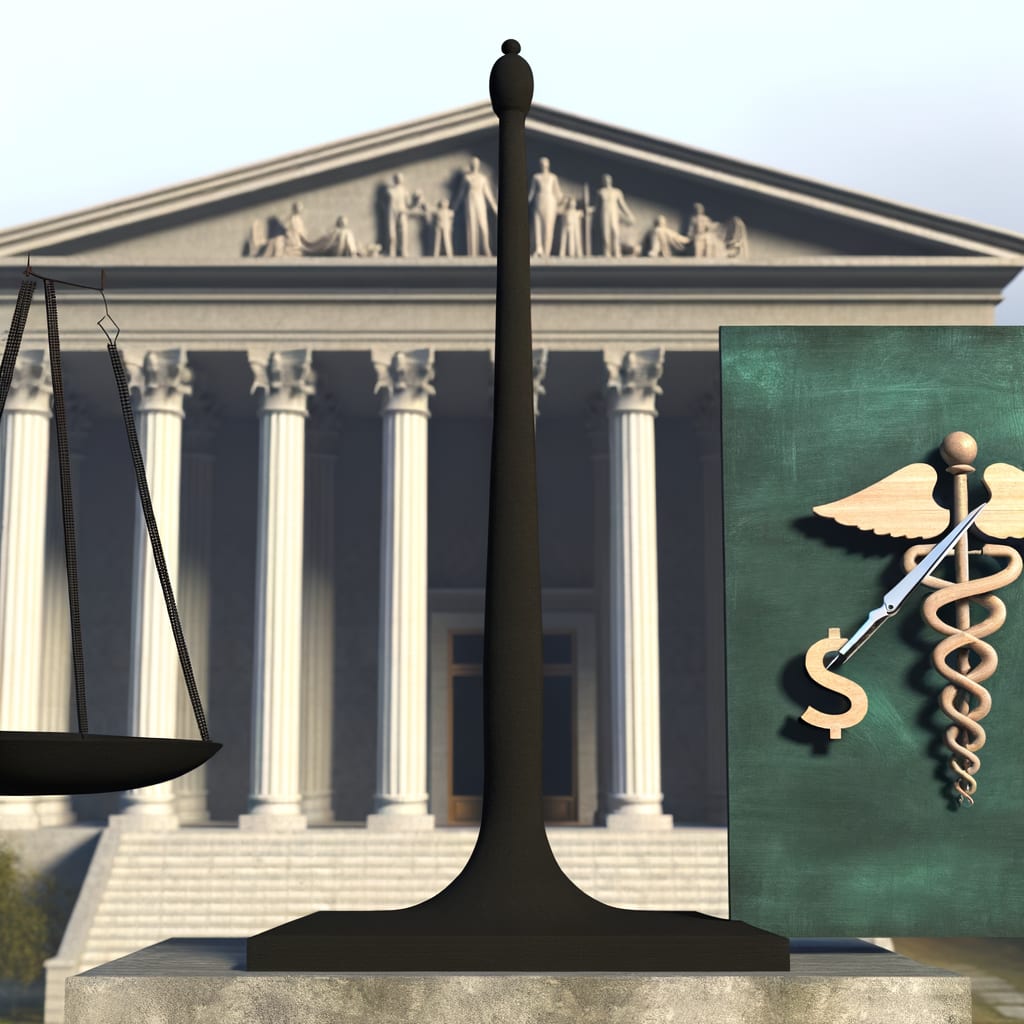U.S. Supreme Court Greenlights Trump Administration's Funding Cuts to Medical Research
In a recent 5-4 verdict, the U.S. Supreme Court allowed the Trump administration to reduce more than $783 million in National Institutes of Health (NIH) research grants. This cut primarily affects diversity, equity, and inclusion initiatives, including LGBTQ studies and HIV prevention.
Background and Context
The Trump administration's decision to reduce NIH's medical research grants has been a contentious issue. The administration indicated that it would release less than half of the $6 billion allocated this fiscal year for PEPFAR, the HIV prevention and treatment program, according to the New York Times. This stance is part of a broader push to roll back DEI programs across the federal government, as reported by Fox News.
Key Developments
The Supreme Court's ruling overturns lower courts' decisions that had previously blocked the cuts. U.S. District Judge Angel Kelley of Massachusetts labeled the administration's actions as arbitrary and capricious,
stating that NIH had failed to provide a reasoned explanation
for the midstream grant cuts. The 1st Circuit upheld her injunction in July.
However, the Supreme Court's unsigned majority order allows NIH to proceed with terminating existing grants
while maintaining a partial block on issuing new directives. The ruling also potentially opens the door for grant recipients to sue in a different federal court to recover wrongfully withheld funds, as noted by the Japan Times.
Implications and Reactions
The Supreme Court's ruling signifies a significant win for the Trump administration, which has been working hard to align NIH's funding with the president's priorities. Al Jazeera English highlighted the impact on DEI programs, including HIV prevention and breast cancer research.
On the other hand, the decision has sparked concern among critics who fear the potential negative impact on critical health research and DEI initiatives. The Guardian reported that the court lifted a judge’s order blocking $783m worth of cuts made by the National Institutes of Health to align with Donald Trump’s priorities.
Current Status
As it stands, the Trump administration has the Supreme Court's backing to proceed with its proposed funding cuts. However, the full implications of this decision on the future of medical research and DEI initiatives remain to be seen. Recipient organizations may also take legal action to recover the withheld funds.
As such, the debate surrounding the NIH funding cuts and their impacts on public health and DEI initiatives is likely to continue in the foreseeable future.

